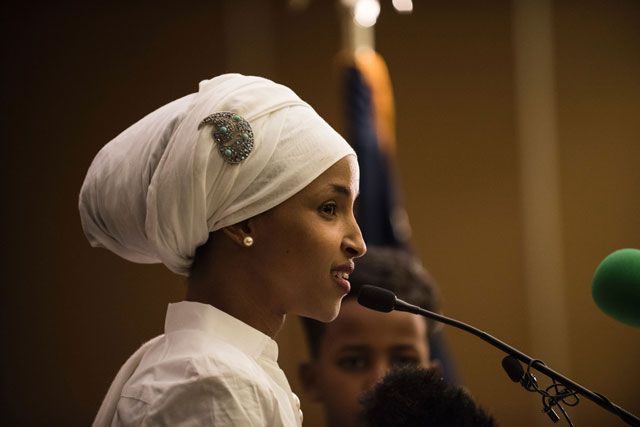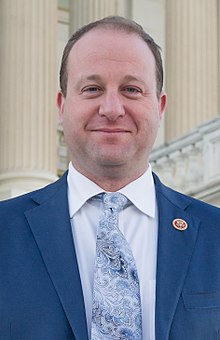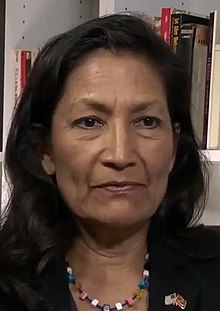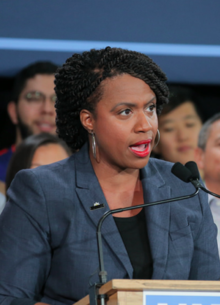By Anna Rhoads
The 2018 midterm elections, which took place on Nov. 6th, brought many people with diverse backgrounds, ethnicities, and ages into office. Whether it was the first American-Somali to be elected to congress or the first openly gay governor elected, this election cycle marked a significant transition within the U.S. government to becoming more representative of the diversity that has always existed in our society.
Ilhan Omar is the first American-Somali to be elected to congress. On Nov. 6th she won Minnesota’s Fifth Congressional District, after running against Republican Jennifer Zielinski to take Keith Ellison’s seat. Along with being the first American-Somali to be elected to congress, she was also one of the first Muslim women elected to congress. The other Muslim woman elected was Rashida Tlaib, a Democrat from Michigan. The only other two Muslim individuals who have been elected to Congress were both men: Minnesota representative Keith Ellison— who vacated office to run for State Attorney General— and Indiana representative André Carson.
Another example of citizen representation being expanded during the Nov. 6 election, was made by Jared Polis. Polis became the first openly gay person to be elected governor in America’s history. After serving in the house since 2009, Polis ran for Colorado’s governor seat, and won.
“Tonight, right here in Colorado,” Polis said in an interview with NPR, on Nov. 6th, “We proved that no barrier should stand in the way of pursuing our dreams. We’ve proved that we’re an inclusive state that values every contribution, regardless of someone’s sexual orientation, or gender identity,”
The inclusivity of American politics was also improved when Connecticut and Massachusetts elected their first black women to congress. Democrat Jahana Hayes, defeated Republican Manny Santos on Nov. 6th when she was elected to the state’s 5th Congressional District. After her win, she wrote on twitter, “When I started this campaign, I knew I couldn’t do it alone but I asked you to trust me with your vote, and to trust me with your voice. You joined me on this journey and I thank every person who also believed that we are much better together.” In Massachusetts, Democrat Ayanna Pressley was elected to Congress. She will now represent the 7th Congressional District in that state, and ran unopposed, after defeating Michael Capuano (who had previously held the seat for 10 terms), in the primaries.
The diverse turnout of voters and candidates during the Nov. 6 elections made history in the U.S., and is perhaps reflective of a transition towards a more inclusive society. The optimistic politicians that have spearheaded this historic moment include: New York’s own Alexandria Ocasio-Cortez, (a Nuyorican representing our 14th congressional district, who at the age of 29 will be the youngest congresswoman ever to serve in the U.S.); Ilhan Omar, the first American-Somali congresswoman; Rashida Tlaib, who along with Omar becomes the first Muslim women to be elected to congress; Jared Polis, the first openly gay governor ever elected in America; Laguna Pueblo tribe member Deb Haaland, who will represent New Mexico as one of the first two American Indian congresswomen ever elected; Ayanna Pressley, Massachusetts’s first black woman elected to congress; and Jahana Hayes, Connecticut’s very first black congresswoman.



